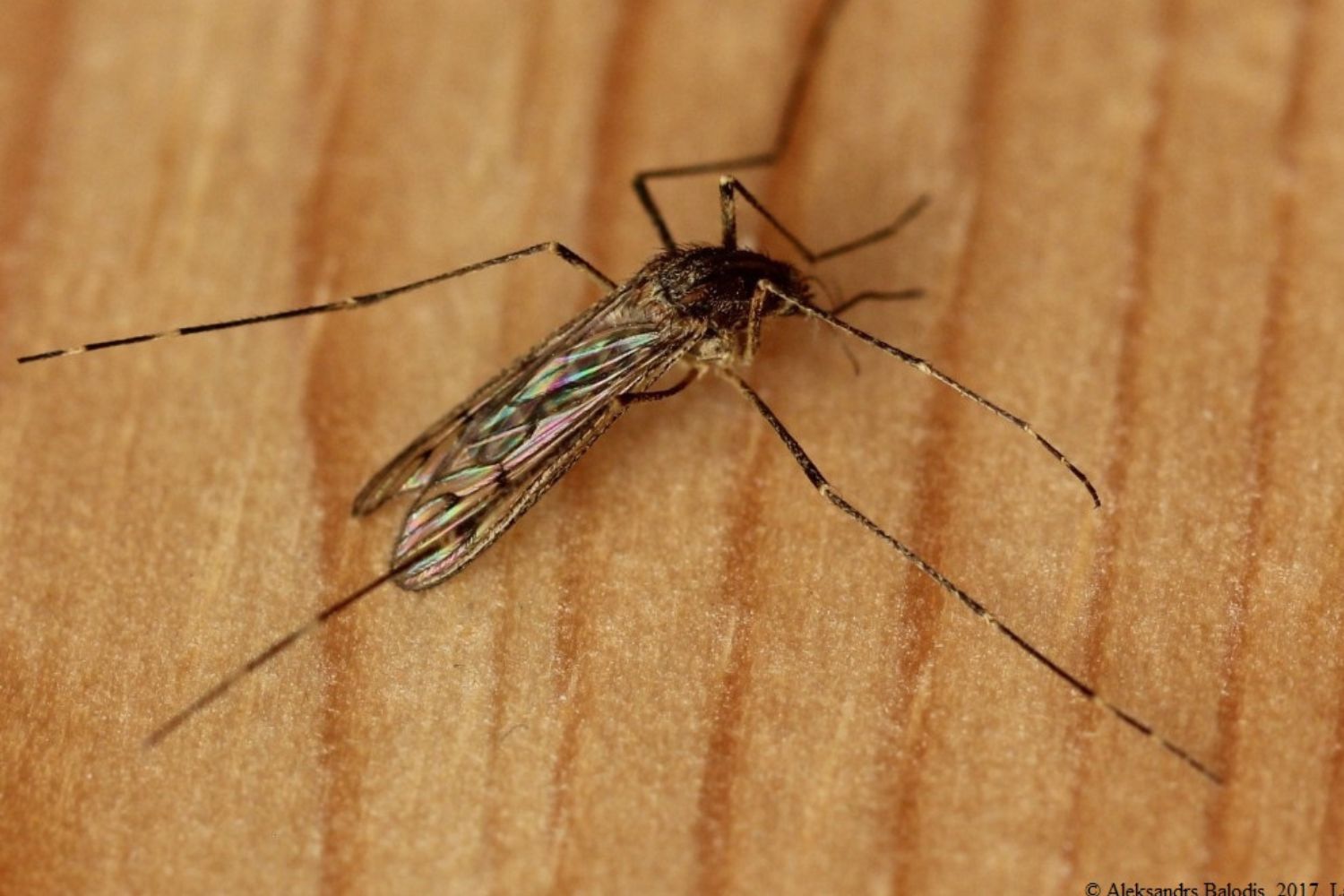These special neurons, called epineurons or Epi neurons, play a critical role in how fruit flies interpret and respond to aversive stimuli. The research team sought to understand whether flies have a nociceptive suppression system, particularly in response to heat.
By manipulating the expression of neuropeptides, the researchers identified a specific set of neurons that reduced the fly’s aversion to heat. These neurons produce the neuropeptide AstC, which is similar to a compound found in mammals that helps suppress pain. Stimulation of these neurons reduced the flies’ desire to leave the hot stove.
Further research showed that a single Epi neuron on either side of the brain was responsible for suppressing the nociceptive response. Interestingly, the Epi neurons themselves sense heat directly through a specific ion channel.
The molecule, which is also responsible for suppressing the pain response in adult flies, has the opposite effect on their larvae. The results of the study, published in the journal Current Biology, shed light on the mechanisms of nociception, the body’s ability to detect potentially dangerous stimuli.
Source: Ferra
I am a professional journalist and content creator with extensive experience writing for news websites. I currently work as an author at Gadget Onus, where I specialize in covering hot news topics. My written pieces have been published on some of the biggest media outlets around the world, including The Guardian and BBC News.











